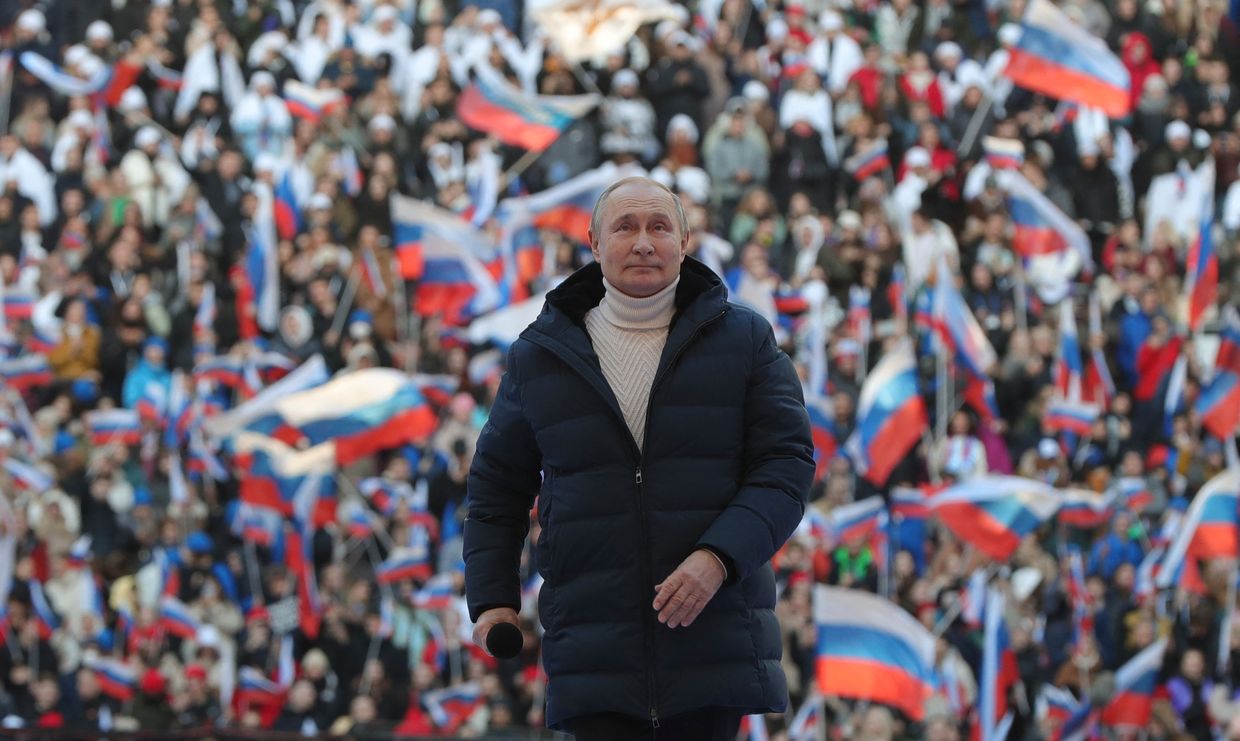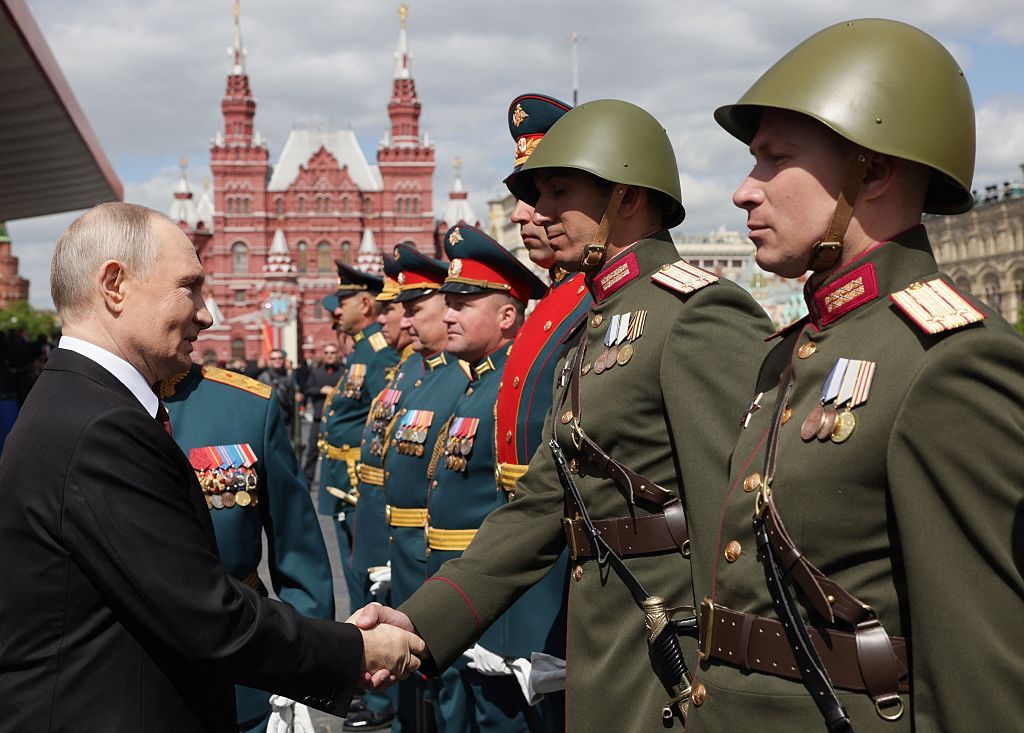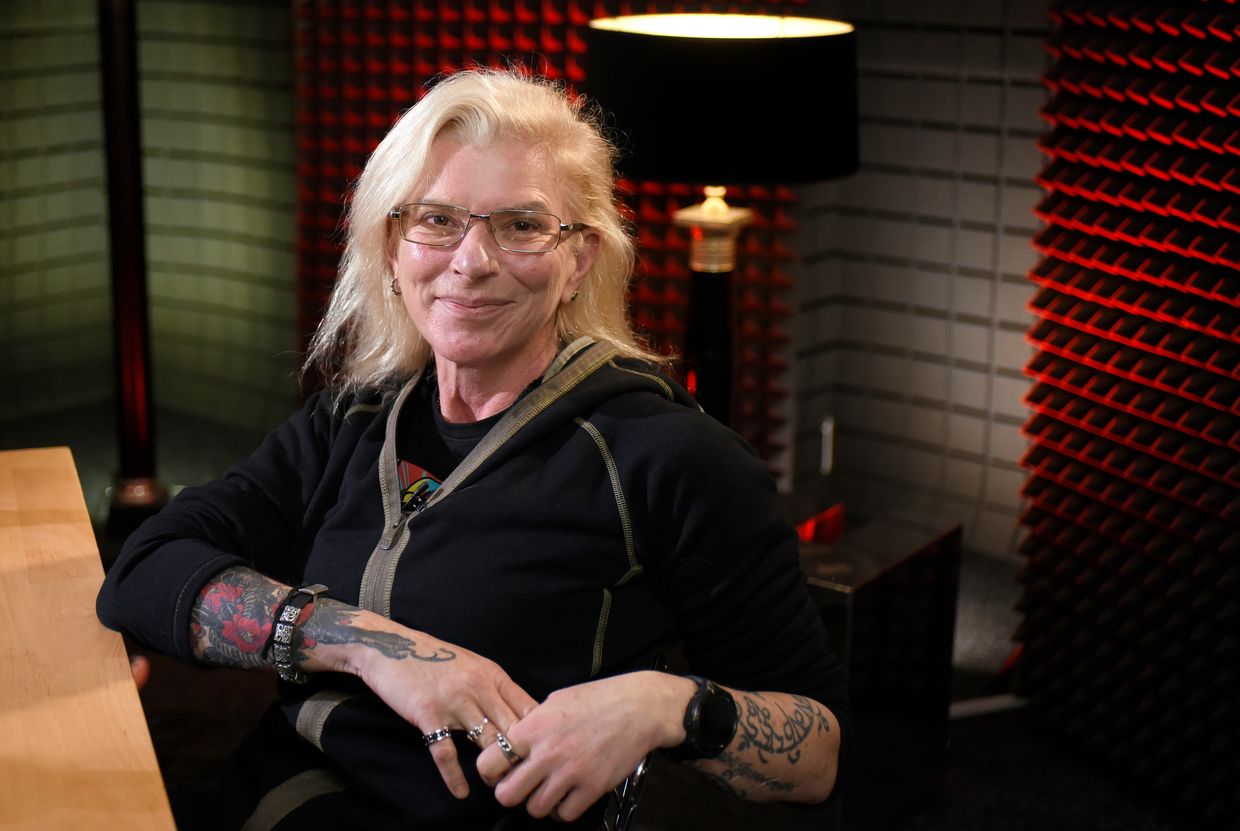
We normally consider narcissism as a private flaw — a grandiose ego, a yearning for consideration, an absence of empathy. However what if narcissism is not only a analysis, however a lens? A approach of understanding how people — and even complete nations — address wounds too painful to face straight?
This query got here alive for me throughout a dialog with two Ukrainian military veterans, Andriy and Bohdan, who had been present process rehabilitation within the U.S. via a corporation known as Limbs for Liberty. Andry had misplaced an arm, Bohdan a leg. Regardless of their bodily accidents, their spirits had been remarkably intact — sharp, humorous, and deeply reflective.
After they discovered I used to be making ready to talk at a convention in Lviv, Ukraine, on the psychological dimensions of narcissism, they turned animated.
“Like Rambo,” Andry stated with amusing. He wasn’t joking. He went on to clarify that Rambo — Hollywood’s invulnerable motion hero — was greater than a personality. He was an emblem.
As a substitute of mourning or questioning the trauma, the tradition reworked the wounded soldier into an unstoppable killing machine. “That’s particular person narcissism,” Andry stated. “You get damage, however as an alternative of feeling it, you grow to be stronger — on the surface.”
Bohdan nodded, then added, “And collective narcissism—that’s the presidents.” He wasn’t talking in generalities. He talked about Vladimir Putin and, in a unique context, Donald Trump.
Each, he stated, had mastered the artwork of turning collective wounds into mythology.
In Russia’s case, the collapse of the Soviet Union left a profound psychic scar. Putin known as it “the best geopolitical disaster of the 20th century.” Fairly than acknowledge the grief or confusion that adopted, the Kremlin constructed a narrative: Russia as everlasting, misunderstood, betrayed by the West.
 The Kyiv IndependentBaiba Braze
The Kyiv IndependentBaiba Braze
Ukraine, on this fable, shouldn’t be a sovereign nation with its personal voice, however a misbehaving little one of a once-mighty empire. On this view, aspirations towards democracy usually are not indicators of company however threats to stability. Cultural independence turns into treason. Actuality is bent in service of an identification that can’t bear to really feel humiliated or forgotten.
That is collective narcissism: the projection of weak spot outward, the denial of vulnerability inward. It builds nationwide delight not on self-knowledge, however on fantasy. The result’s a fragile power, a defensive posture that lashes out relatively than displays.
In the USA, the wound is completely different, however the mechanism usually echoes the identical sample. Donald Trump’s promise to “Make America Nice Once more” was not only a slogan — it was a story balm for individuals who felt deserted, disoriented, or invisible in a altering world.
The nostalgia embedded in that phrase isn’t essentially a eager for coverage — it’s a eager for supremacy, readability, and ease. It’s the identical impulse to cowl over ache with projection: guilty others, to romanticize the previous, to reject complexity.
Narcissism, whether or not private or collective, doesn’t start in vanity. It begins in ache. A wound that feels too harmful to call — too humiliating to acknowledge — will get buried. And what grows over it’s a masks: invincibility, righteousness, exceptionalism.
However the ache doesn’t disappear. It distorts. And it calls for fixed upkeep.
So, how will we heal? What’s the choice?
What struck me most about Andry and Bohdan wasn’t their perception — it was their freedom. They didn’t should be Rambo. They might snigger concerning the fable with out denying their ache. They might speak about nationwide leaders and their projections with out shedding religion of their nation. They had been wounded, however not hardened. Damaged, however not bitter.
In Ukraine, I’ve seen a sort of cultural resilience that doesn’t depend on fantasy. Individuals write poetry about loss, collect in liturgies that title sorrow, and rebuild even within the midst of grief. Their power doesn’t come from pretending to not be damage. It comes from going through ache head-on and refusing to let it outline the long run.
Within the Christian custom, there’s a phrase for this: transformation. Not via domination or denial, however via truth-telling, mourning, and creativeness. The wounded Christ shouldn’t be hidden from view however held up for the world to see — not as spectacle, however as testimony.
On this imaginative and prescient, therapeutic shouldn’t be a return to former glory, however a motion towards wholeness. Not energy over others, however communion with them.
Collective narcissism tempts us to craft identities out of denial. It thrives on tales of victimhood that by no means admit weak spot. However real therapeutic — nationwide or private — requires one thing a lot tougher: the braveness to really feel ache, the humility to be taught from it, and the creativeness to construct one thing new from its ashes.
Andry and Bohdan jogged my memory of this — not with concept, however with their lives. True power, they confirmed me, isn’t about trying like Rambo. It’s about figuring out you don’t must.
Editor’s Be aware: The opinions expressed within the op-ed part are these of the authors and don’t purport to replicate the views of the Kyiv Impartial.
Submit an Opinion
 The Kyiv IndependentAndrea Januta
The Kyiv IndependentAndrea Januta
